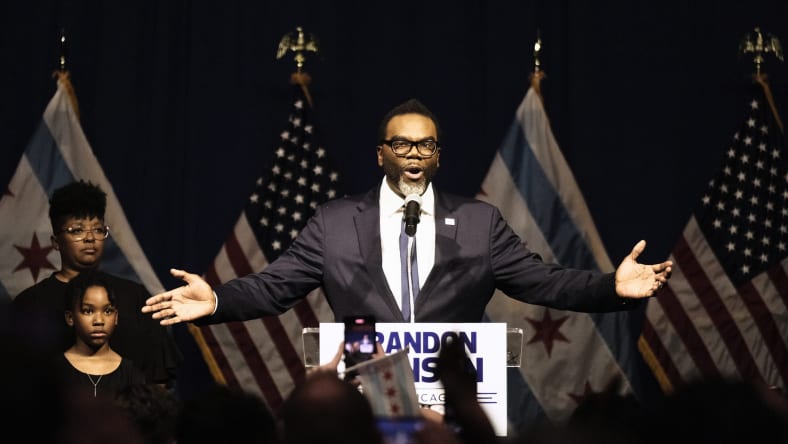
Editor’s note: The following article is an op-ed, and the views expressed are the author’s own. Read more opinions on theGrio.
Chicago has a new mayor. Brandon Johnson defeated Paul Vallas to become the 57th mayor of Chicago. In theory, Johnson will have 100 days to set the tone for his reign; in execution, the city will expect him to hit the ground running. Chicago police have threatened to resign en masse rather than be held to any reasonable standard of accountability despite several recent scandals around framing residents for crimes they did not commit and mounting misconduct costs. The Chicago Teachers Union is set to renegotiate contracts soon, and the city has an affordable housing crisis, so his to-do list will already be a mile long when he’s sworn in on May 15. And that’s not all the city needs or will need; those are just some of the biggest issues on the table on Election Day.
For Black residents of the city, there’s always a whiff of hope that a Black mayor will be different, will be the one that solves more problems than they create. When Lori Lightfoot was elected, many heralded Chicago for being progressive enough to elect a Black, openly lesbian mayor. However, a shared racial or gender identity is no guarantee of anything, least of all someone who will care for marginalized communities that don’t have the money and the power to get on any politician’s radar.
After Lightfoot took COVID relief funds and dispersed them to a police department that seems to commit more crimes than it solves, Black Chicago felt betrayed and, more importantly, angry. A candidate like Paul Vallas could run on Chicago being broken but only repairable by leaning into more policing and more resource grabbing (including a bizarre reference to Chicago as the Saudi Arabia of water) while offering very little about building a sustainable future for Chicago’s BIPOC communities, which make up the majority of residents.
Race relations in Chicago have always been fraught. Often labeled a violent, highly segregated city, Chicago is a place where your zip code can dictate your access to safety and opportunity. If you have ever spent time in Chicago listening to our mayors and aldermen and even perennial candidates like Willie Wilson, you already know that cynicism is a Chicagoan’s best defense. We are a machine town in a state renowned for jailing more governors than any other state in the union. We’re not ashamed of holding that record, no matter how many times people tell us we should be; we can look at what happens in the states that don’t dole out handcuffs like retirement watches and know that avoiding arresting politicians isn’t a solution.
Sadly, Chicago has struggled with applying that same standard to our mayors. As a result, we have suffered from would-be dynasties, grifters and incompetence more often than seems possible. And yet, every time there’s an election, we get our hopes up that this slate of candidates will be better, that this mayor won’t be corrupt or beholden to special interests, that this mayor will be interested in governing rather than pandering to corrupt police, developers or in the case of parking, foreign investors offering a long-term contract for a short-term infusion of cash.
In my lifetime, that hope has yet to pan out. The first mayor I remember is Harold Washington, a mayor Chicagoans loved in hindsight because compared to Richard M. Daley, Rahm Emanuel, and Lightfoot, he felt like the halcyon days of yore. I was a child when he ran, was elected and died in office. I remember adults being certain a Black mayor was what Chicago needed to be a better place, a more livable city for the Black and brown communities that reside on the city’s South and West Sides. Harold Washington was a heroic figure for communities starved of resources and struggling to stay afloat after decades of Jim Crow. He was better than his predecessor, Jane Byrne, but that was a low bar to clear. Still, for a brief shining moment, Chicagoans of color had hope for a mayor who cared about them and their communities. Washington’s death was a huge blow to those hopes.
In Johnson, many find that hope refreshed. He ran a campaign that promised reform and restoration. For Black Chicagoans disappointed by Lightfoot’s highly checkered tenure, Johnson’s win is a spark of hope that the city can remain their home. That families that came here during the Great Migration won’t be forced out by mismanagement, skyrocketing rents, struggling schools and stagnant wages. And even for Chicagoans who earn more, there are still flaws that are insurmountable in the short term. I spent most of Lightfoot’s tenure with one foot outside of the city so that my youngest child could attend a diverse school that served his needs.
But … there’s always a but in Chicago politics, because campaign promises are easy to make. We will not know if Mayor-elect Johnson is a good leader for some time. We know what we need and we will demand it from our leaders. And if they don’t listen then, like Lightfoot, we’ll show them the door.
Brandon Johnson sounds like he will be a much better mayor, and I genuinely hope he is the right person for the job. But I’m a lifelong Chicagoan, and I tend to temper my expectations. For Black Chicagoans right now, someone that looks like them has won again. Perhaps that hope for a better Chicago will finally come true; perhaps this time, Chicago has gotten the right mayor. But even if we haven’t, we’ll dig in and make it work. What do you do if you are a lifelong Chicagoan? You adjust your expectations to the possibility of flaws in every administration, you push back where you can when you can and you hang on because there’s no place like Chicago.
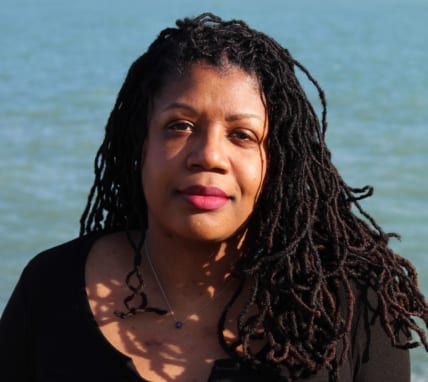
Mikki Kendall is a Chicago native. She is the author of “Hood Feminism” and “Amazons, Abolitionists, and Activists.”
TheGrio is FREE on your TV via Apple TV, Amazon Fire, Roku, and Android TV. Please download theGrio mobile apps today!
.png)
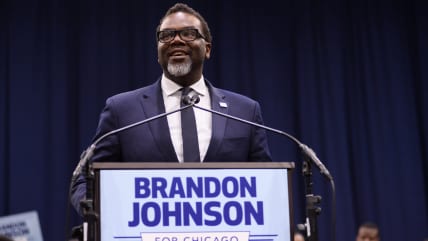
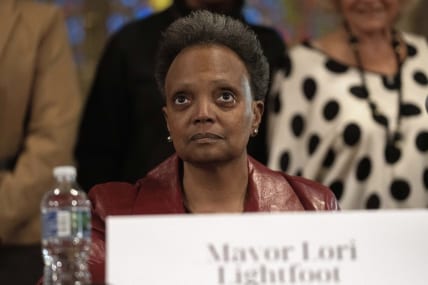

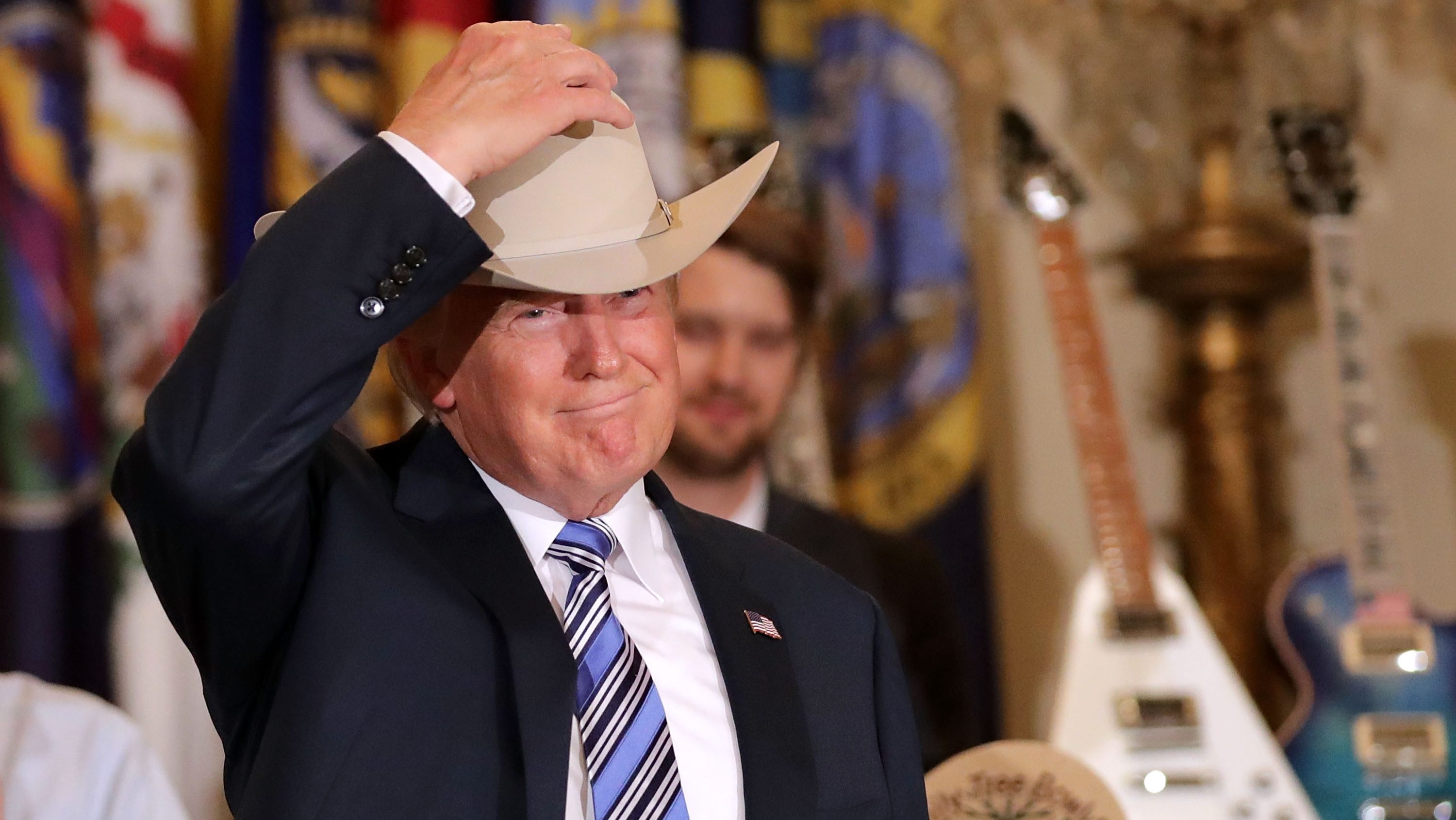
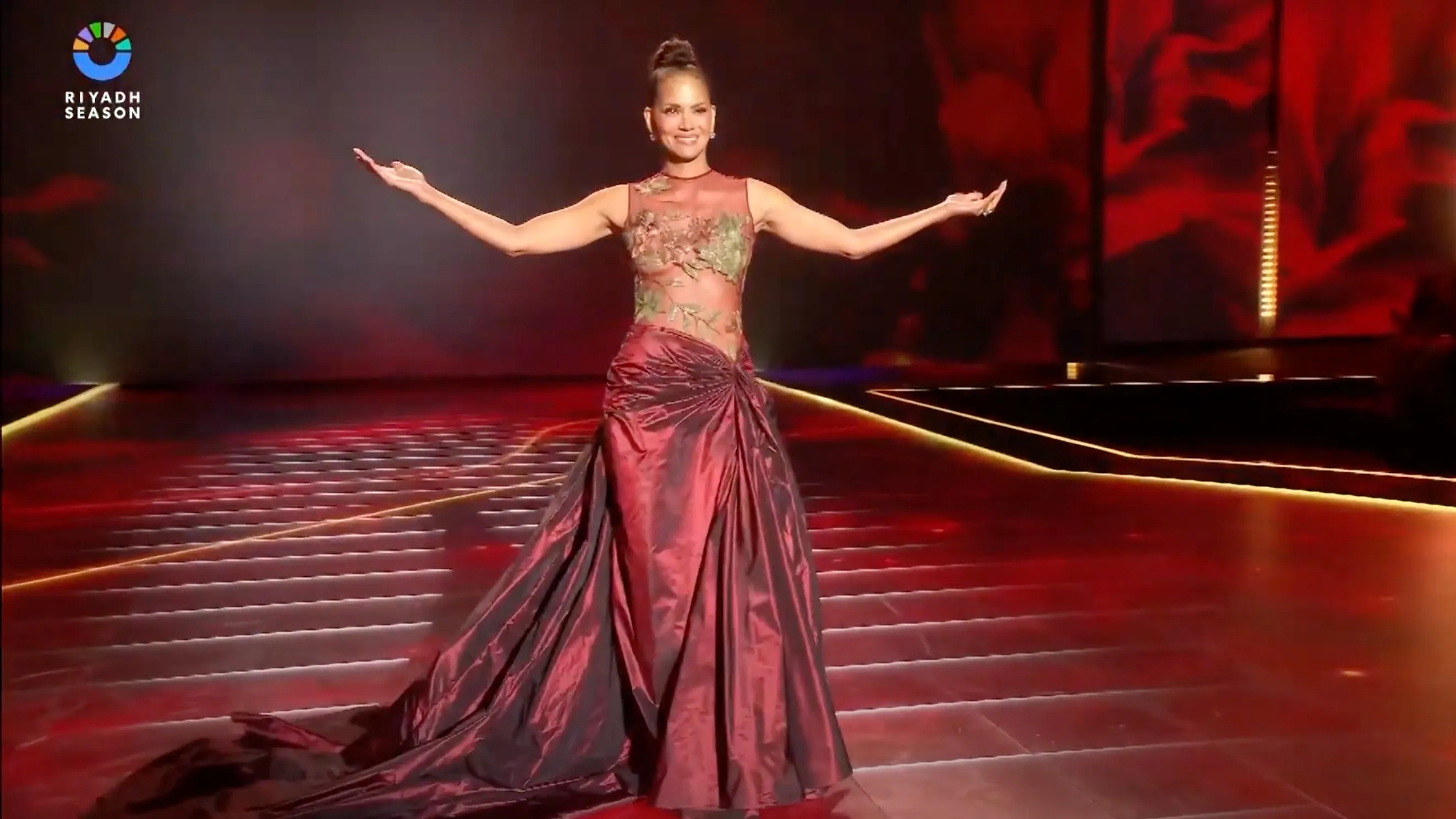






 English (US) ·
English (US) ·